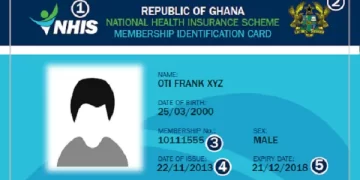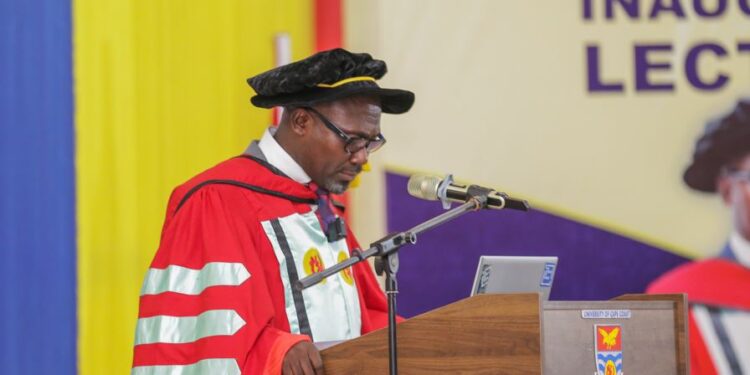A Professor in coastal ecology and interdisciplinary ocean studies at the Centre for Coastal Management and the Africa Centre of Excellence in Coastal Resilience of the University of Cape Coast, Prof. Dennis Worlanyo Aheto has reiterated the call on poverty-reducing sustainability in the country.
According to him, this also accelerates environmental pressures and creates a need for balancing economies and ecologies.
He notes that securing a common future in my mind means achieving sustainable development goals of the African blue economy and key stakeholders have a role to play in achieving this sustainability.
Delivering his inaugural lecture on “Our Oceans: Securing our common future through transformative research” at the University of Cape Coast on Thursday, Prof. Aheto called on all to work together to protect the ocean.
He said the oceans are the nation’s common future and 80 per cent of tourism happens in coastal areas.
Prof. Deninis Worlanyo Aheto however expressed worry over the loss of tourism due to coral bleaching.
“It is estimated that the loss of tourism due to coral bleaching alone is as much as $12 billion dollars annually. With ocean levels rising as the temperature of our planet increases, coastline-specific tourism and energy industries are at risk, along with the 650,000,000 people who live in low-lying coastal areas, a number that is expected to rise to 1 billion by 2050.”

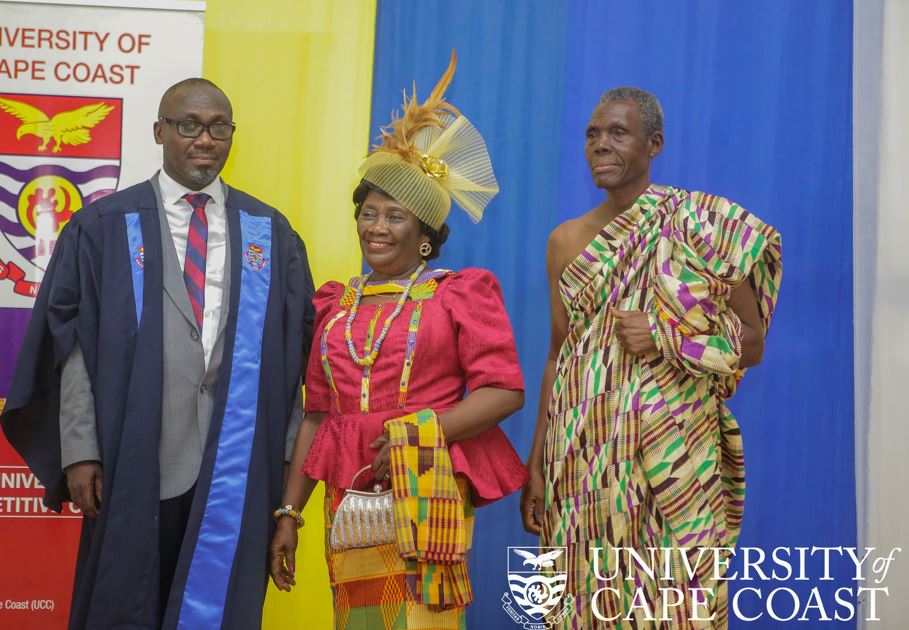
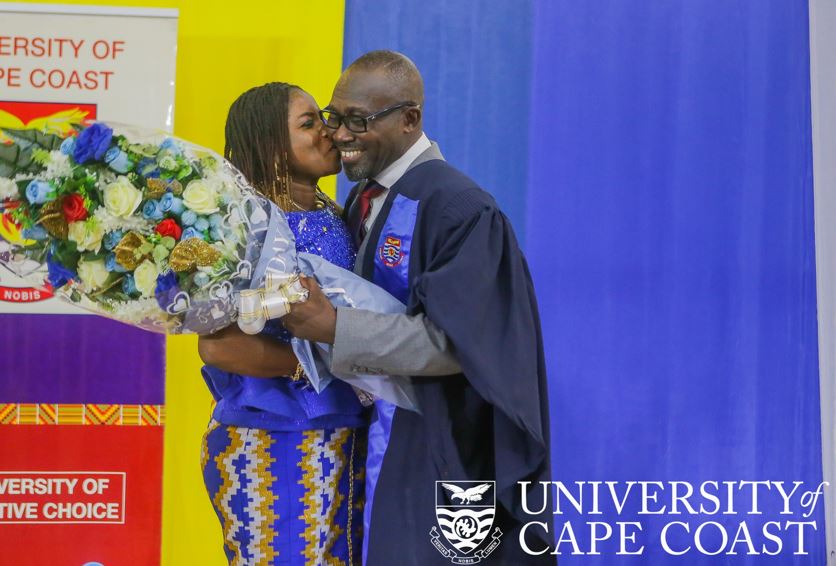
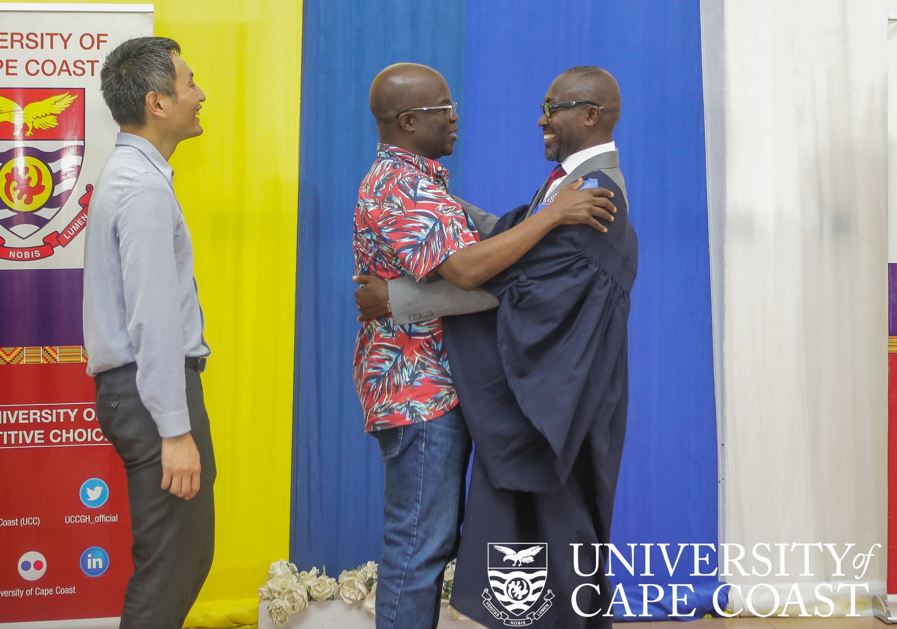
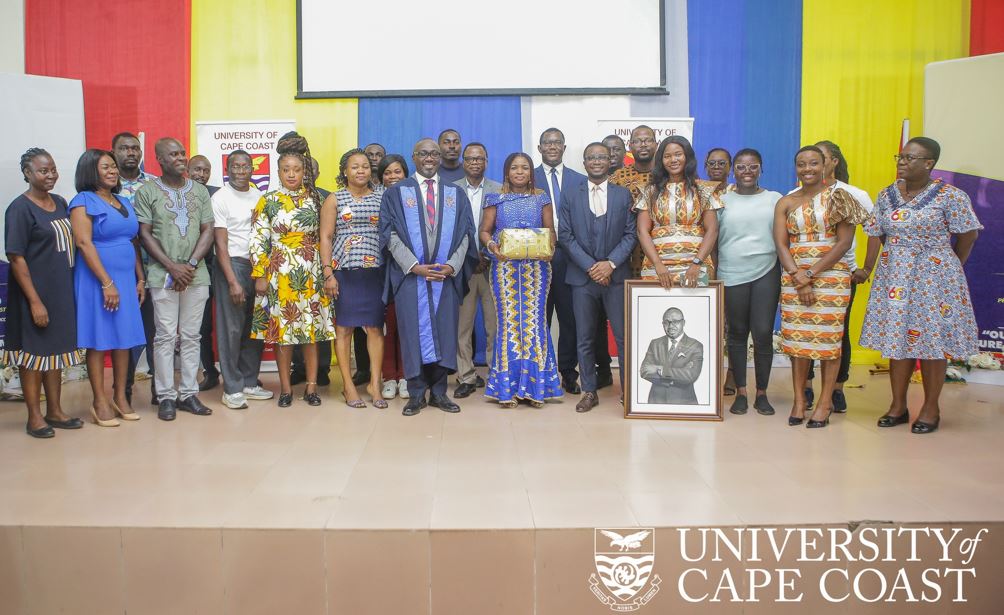
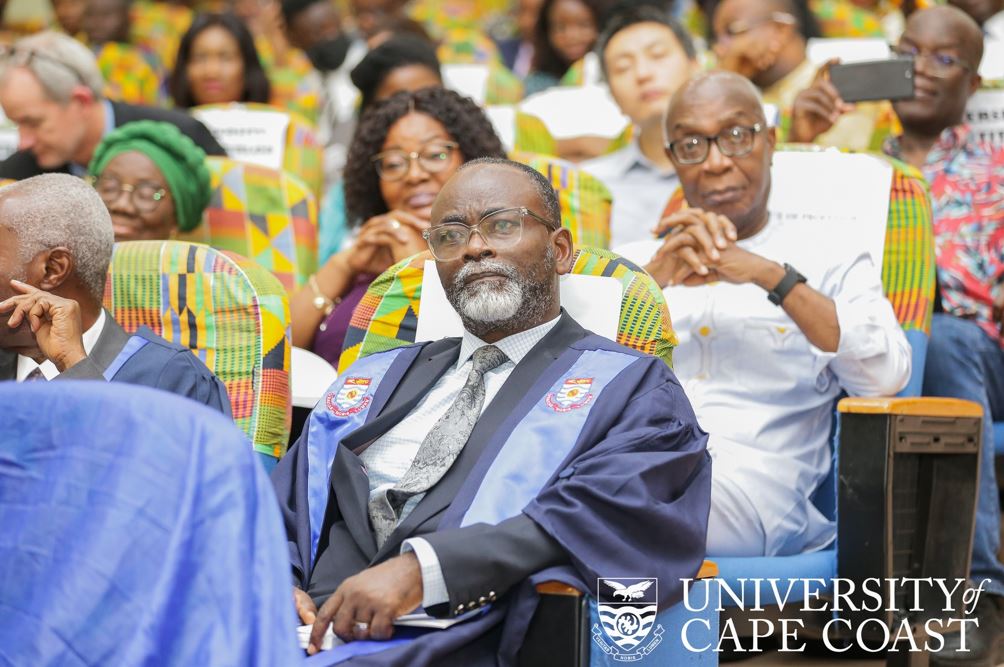
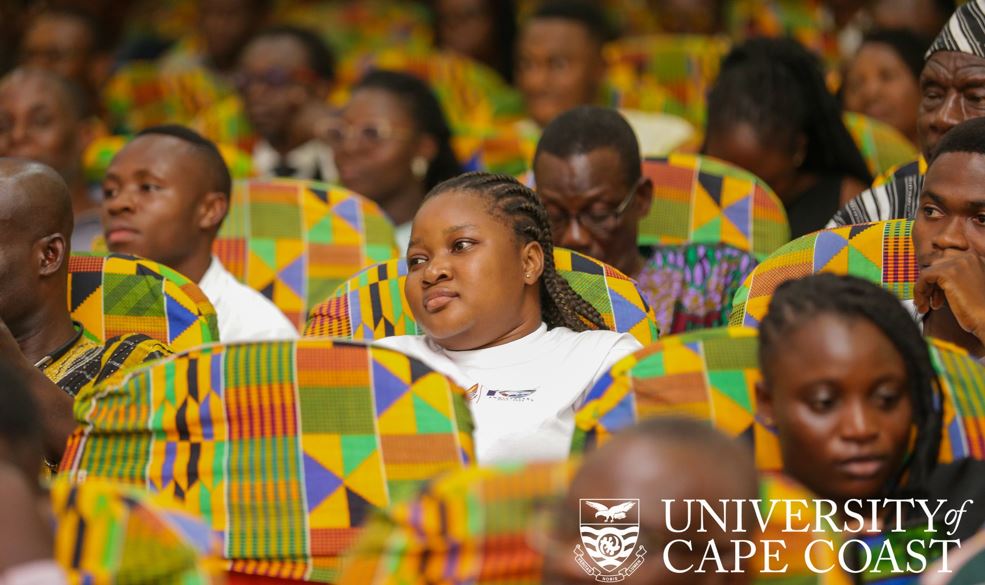
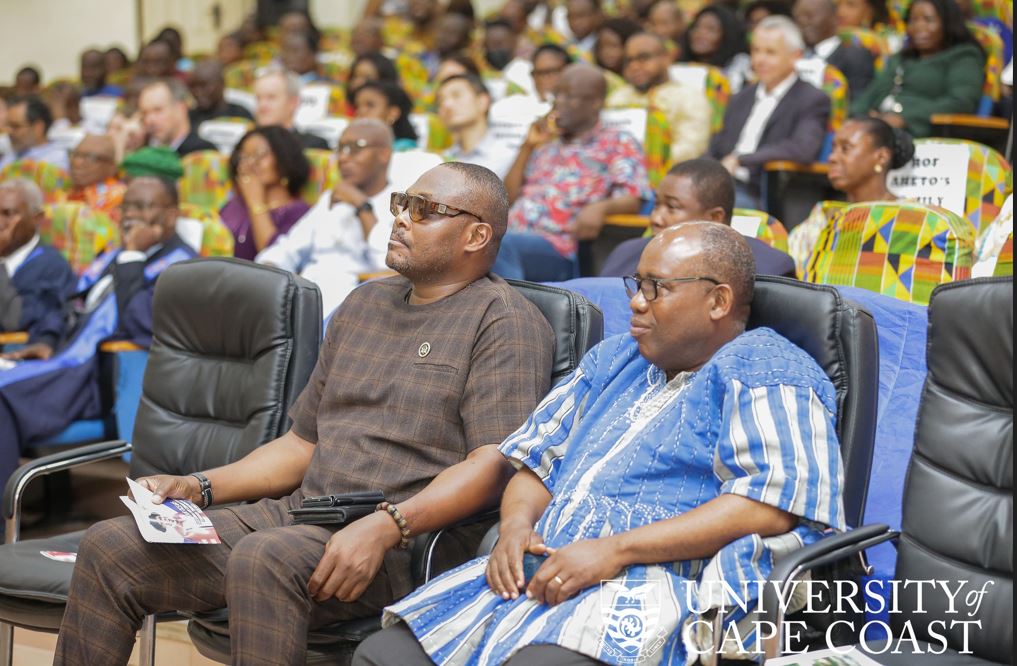
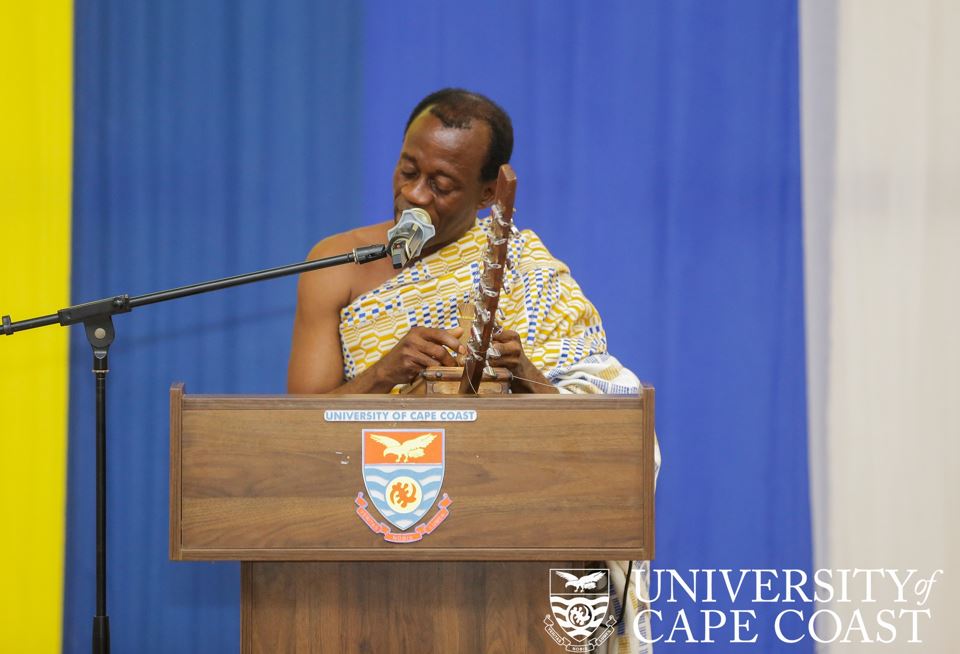
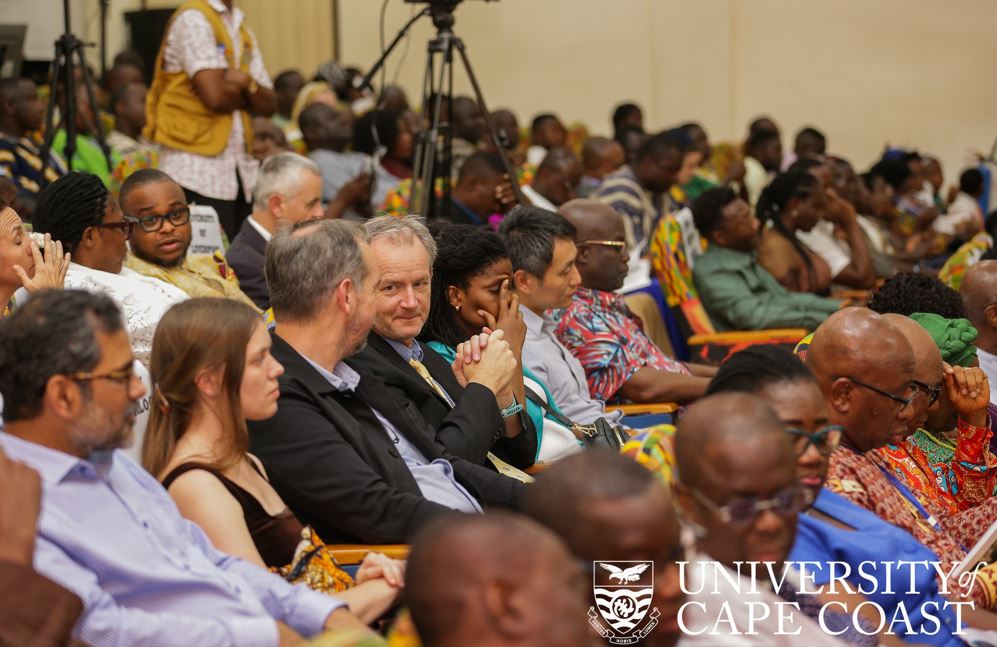
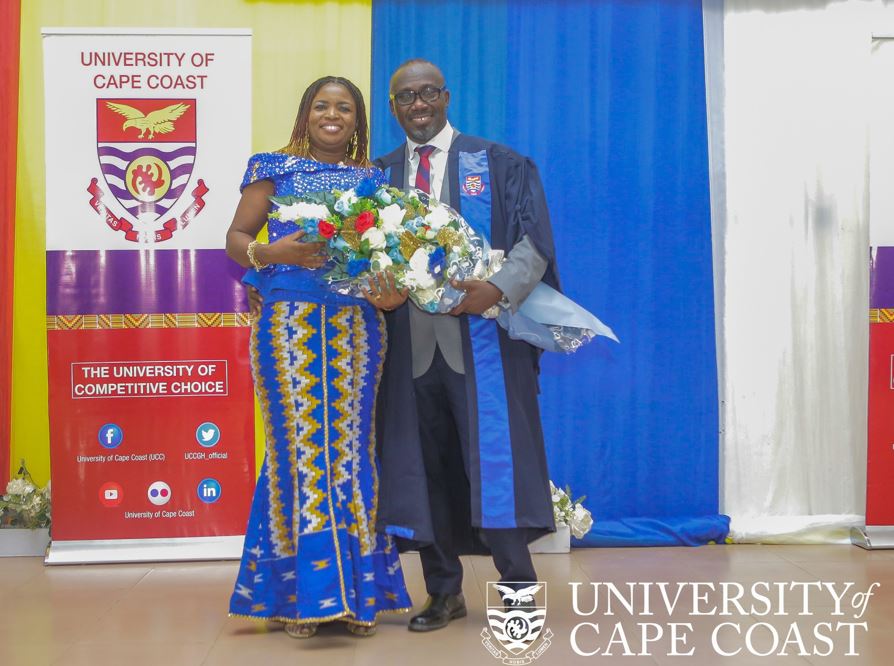
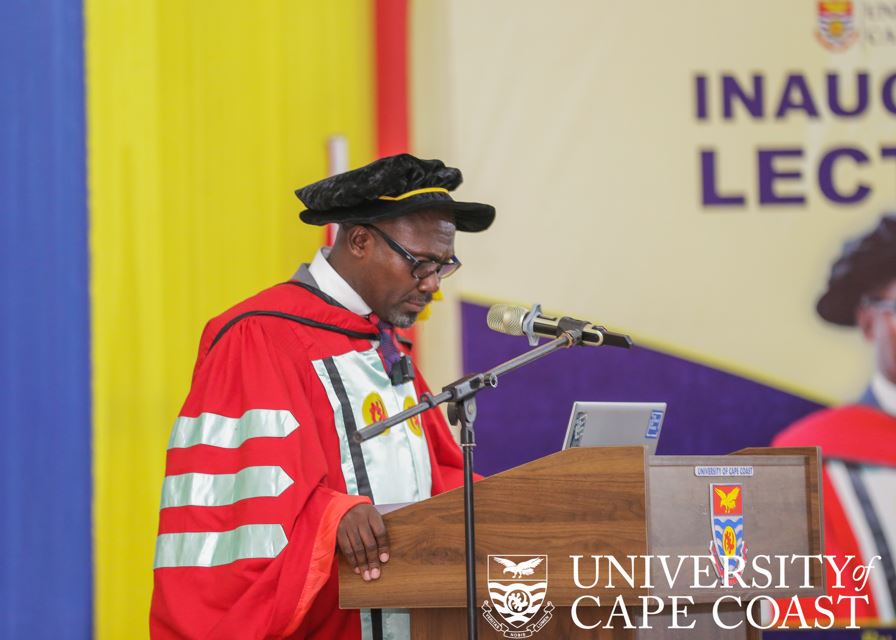
The inaugural lecture sought to rekindle marine and coastal environmental stewardship.
Emphasizing that the ocean produces over 50 per cent of the oxygen of human breaths, he said through human errors, more plastics are being thrown into the oceans reducing the quality of air humans ingest.
Prof. Aheto, also the director of the Centre for Coastal Management and the Africa Centre of Excellence in Coastal Resilience said, for Africa to benefit from its ocean economy, there is a need to build the needed human capital.
He indicated that countries should also aim at increasing their human development index in order to meet the goals of the Africa Agenda AU2063.
On illegal and unregulated fishing on the ocean, he said this is becoming the bane of development in Africa.
To him, the ocean governance systems have not been looked at as a very important sector to focus on.
“Our oceans are segregated into many governmental organs. Environmental Protection Agency, Maritime Authority, Ministry of Fisheries, Ministry of Transport. So, there are coordination, clear coordination issues,” he said.
He, therefore proposed the setting up of an authority instead of a ministry to effectively coordinate blue ecologies emphasizing that such an authority could serve as a very strong coordinating unit.
Read more news here
Source: Anthony Sasu Ayisadu/ATLFMNEWS









